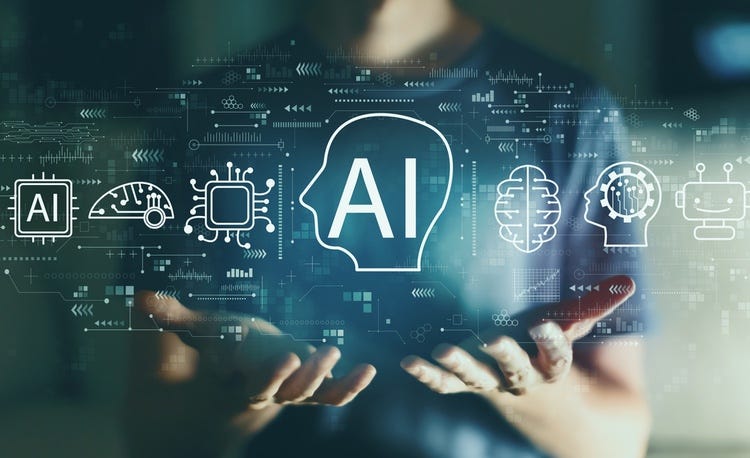Introduction:
In the evolving realm of artificial intelligence, Resemble AI spearheads a revolution in content creation. This article delves into Resemble AI’s advancements, notably its tunable synthetic voices and low-latency generative AI modelling. Focused on eliminating technical constraints, Resemble AI’s breakthroughs, highlighted by its work on The Andy Warhol Diaries documentary, exemplify the potential of generative audio. As the industry progresses, Resemble AI anticipates the transformative impact of data collection services on shaping the future of content creation, particularly within the expanding metaverse landscape.
Unleashing Creativity: The Capabilities of AI-Generated Audio
Music Composition
AI can now generate original and compelling audio across vast possibilities. From composing music in diverse styles and genres to crafting realistic sound effects and immersive audio design, AI is pushing the boundaries of what we thought possible.
Sound effects and audio design:
Imagine AI composing a heartfelt ballad that resonates with your emotions or generating sound effects for your next blockbuster that transports you to another world. This is the reality of AI-powered audio, and it will only get more sophisticated and impressive. With advancements like Resemble AI’s tunable synthetic voices and low-latency generative AI modelling, the scope extends beyond music and sound effects. Integrating AI in audio annotation adds a new layer to the creative process, allowing for precise customization and enhancement of audio elements, revolutionizing how we experience and interact with sound in various media forms.
Speech synthesis and voice acting
One exciting area is AI-powered music composition. Platforms like Amper Music and Jukebox allow users to create original music pieces by providing prompts or selecting desired styles. This opens up a world of musical possibilities for aspiring and established artists alike.
AI is also making waves in the sound design industry. Platforms like Resemble and Soundful create realistic and dynamic sound effects for films, video games, and virtual reality experiences. This enhances the immersive quality of these media and saves valuable time and resources for creators.
Democratizing Audio Creation: Benefits and Implications
The potential of AI-generated audio extends far beyond entertainment. It can democratize audio creation, making it more accessible and affordable.
With AI tools, aspiring musicians and sound designers no longer require expensive equipment or extensive technical expertise. They can now create professional-quality audio from the comfort of their homes, opening doors to new creative opportunities.
Beyond accessibility, AI can also enhance creativity and experimentation. AI can spark innovation and create new genres and artistic expressions by allowing creators to explore new sonic landscapes without technical limitations.
Additionally, AI has the potential to personalize and customize audio experiences. Imagine listening to music that dynamically adjusts to your mood or hearing news reports tailored to your interests. This level of personalization can enhance engagement and make audio experiences more meaningful for each individual.
Ethical Considerations and Future Directions
While the possibilities of AI-generated audio are vast, ethical considerations must be addressed. Ownership and copyright issues are paramount, as determining who owns and profits from AI-created content is complex.
Another concern is potential bias and discrimination, as AI algorithms can perpetuate biases in the data they are trained on. It’s crucial to develop and implement ethical guidelines to ensure responsible and fair usage of this technology.
Despite these challenges, the future of AI-powered audio is incredibly bright. Advancements in AI technology will lead to even more sophisticated and versatile tools, pushing the boundaries of what we can achieve with sound.
We can expect to see even more seamless integration of AI into creative workflows, allowing for faster and more efficient audio production. Additionally, AI-powered audio experiences are poised to become increasingly personalized and interactive, blurring the lines between creator and consumer.
Conclusion:
The rise of AI-generated audio marks a significant turning point in the history of sound. This revolutionary technology has the potential to democratize audio creation, enhance creative expression, and personalize our listening experiences. As we move forward, we must be mindful of the ethical considerations and embrace AI responsibly. By doing so, we can ensure that AI becomes a powerful force for good in the world of audio, allowing us to explore and experience the boundless potential of sound in ways never before imagined.

